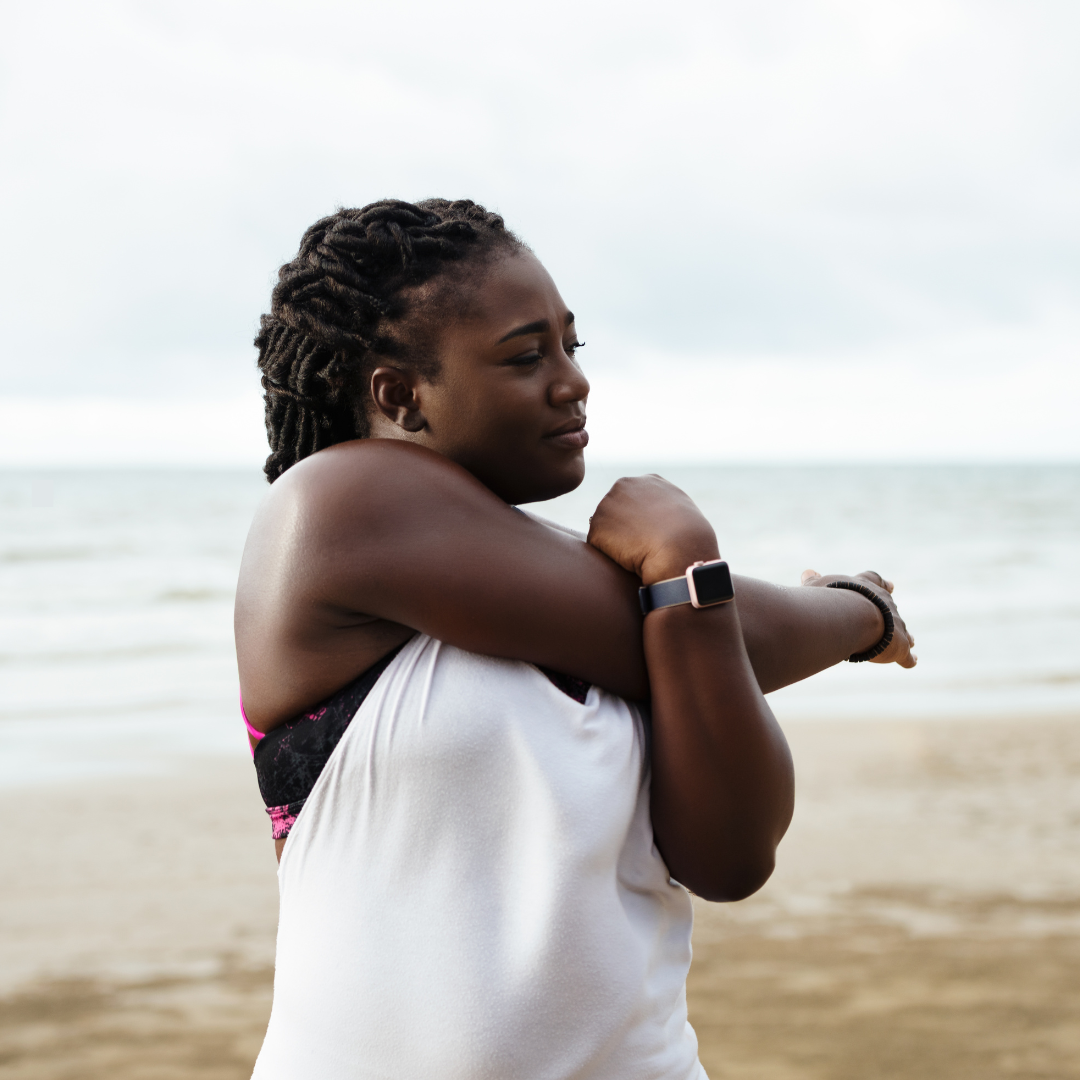Authors: Jolaade Kalinowski, Christie Idiong, Loneke Blackman-Carr, Kristen Cooksey Stowers, Shardé Davis, Cindy Pan, Alisha Chhabra, Lisa Eaton, Kim M Gans, Jay Ell Alexander, and Sherry Pagoto
Abstract: About 59%-73% of Black women do not meet the recommended targets for physical activity (PA). PA is a key modifiable lifestyle factor that can help mitigate risk for chronic diseases such as obesity, diabetes, and hypertension that disproportionately affect Black women. Web-based communities focused on PA have been emerging in recent years as web-based gathering spaces to provide support for PA in specific populations. One example is Black Girls Run (BGR), which is devoted to promoting PA in Black women. The purpose of this study was to describe the content shared on the BGR public Facebook page to provide insight into how web-based communities engage Black women in PA and inform the development of web-based PA interventions for Black women. Using Facebook Crowdtangle, we collected posts (n=397) and associated engagement data from the BGR public Facebook page for the 6-month period between June 1, 2021, and December 31, 2021. We pooled data in Dedoose to analyze the qualitative data and conducted a content analysis of qualitative data. We quantified types of posts, post engagement, and compared post types on engagement: “like,” “love,” “haha,” “wow,” “care,” “sad,” “angry,” “comments,” and “shares.” The content analysis revealed 8 categories of posts: shout-outs to members for achievements (n=122, 31%), goals or motivational (n=65, 16%), announcements (n=63, 16%), sponsored or ads (n=54, 14%), health related (n=47, 11%), the lived Black experience (n=23, 6%), self-care (n=15, 4%), and holidays or greetings (n=8, 2%). The 397 posts attracted a total of 55,354 engagements (reactions, comments, and shares). Associations between the number of engagement and post categories were analyzed using generalized linear models. Shout-out posts (n=22,268) elicited the highest average of total user engagement of 181.7 (SD 116.7), followed by goals or motivational posts (n=11,490) with an average total engagement of 160.1 (SD 125.2) and announcements (n=7962) having an average total engagement of 129.9 (SD 170.7). Significant statistical differences were found among the total engagement of posts (χ72=80.99, P<.001), “like” (χ72=119.37, P<.001), “love” (χ72=63.995, P<.001), “wow” (χ72=23.73, P<.001), “care” (χ72=35.06, P<.001), “comments” (χ72=80.55, P<.001), and “shares” (χ72=71.28, P<.001). The majority of content on the BGR Facebook page (n=250, 63%) was focused on celebrating member achievements, motivating members to get active, and announcing and promoting active events. These types of posts attracted 75% of total post engagement. BGR appears to be a rich web-based community that offers social support for PA as well as culturally relevant health and social justice content. Web-based communities may be uniquely positioned to engage minoritized populations in health behavior. Further research should explore how and if web-based communities such as BGR can be interwoven into health interventions and health promotion.
Key Findings
- Our content analysis also revealed that the BGR community is a source of health education on a variety of topics besides PA (eg, weight loss, the dangers of ultraviolet sun exposure, and mental health).
- More than 10% of the posts were of this nature. Facebook communities such as BGR may present opportunities to disseminate evidence-based health education and promotion programming—particularly given the strong infrastructure, the interest by group members, the group cohesion that is generated within social networks, and the mission of BGR to improve health.
- Notably, weight loss was among the most common health-related post topics.
- Because Black women have a disproportionately high prevalence of obesity (56.9%), communities such as this may provide opportunities for partnership with experts in behavioral weight management to provide culturally relevant programming.

